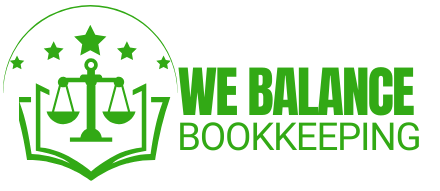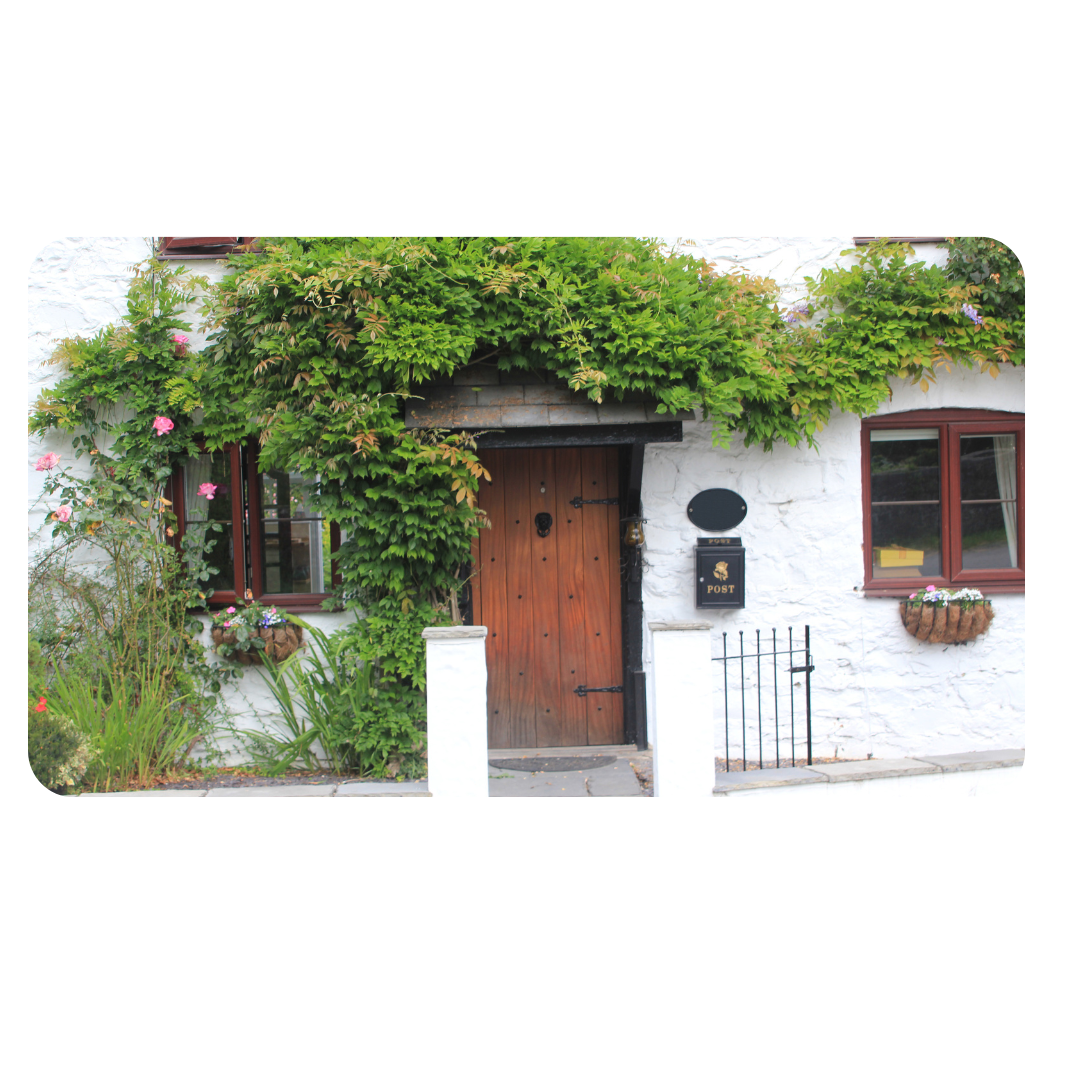You’ve bought your own holiday home, luck you! You now get the benefit of having a bolt hole by the sea, where you and your family can relax during the holidays, as well as the financial rewards of renting the space out to strangers when you’re not using it. Air BnB has opened up a wealth of opporutnity.
However, if you live in the UK, you need to be aware that HMRC have introduced several changes to tax laws that affect Furnished Holiday Lets (FHL). The government sees this type of property as a ‘trade’ and therefore it falls under a different tax category to residential and commercial properties. Here’s our tax guide for Furnished Holiday Lets so that you can understand how these tax laws affect you.
What Qualifies as a Furnished Holiday Let (FHL)?
To be considered a Furnished Holiday Let your property must be:
- Rented out for at least 105 days per year
- Available for rent for at least 210 days per year
- Furnished to a standard that allows everyday occupancy
- Used as a let by tourists and holidaymakers (i.e. not rented out to family and friends)
- Located in the United Kingdom or another country within the European Economic Area (EEA)
- A short-term rental that is not rented out for more than 31 days to one individual or family.
What are the Benefits of Owning a Furnished Holiday Let?
- Capital Gains Tax Reliefs
The good news about having an FHL is you can claim a range of tax reliefs that are usually reserved for traders.
- Capital Allowances
As the owner of a Furnished Holiday Let, you can claim Capital Allowances for items such as equipment, household fixtures and furniture. This means that if you decide to go to town with decorating and furnishing your FHL, you will be able to deduct these costs from your pre-tax profits.
- Pension Contribution
Any profit that you make from your FHL is considered as ‘relevant earnings’ which means you can make tax-advantaged pension contributions.
- Council Tax or Business Rates
Furnished Holiday Lets do not pay council tax. As the owner of an FHL you should register for business rates, which will be calculated by your local council. In general, these rates will be lower than council tax. To register for business rates, your FHL must be available for rent for more than 210 days per year.
How to Claim Capital Allowances for Your Furnished Holiday Let Business
Any item you buy, such as light fixtures, furniture, electrical appliances, that is necessary for the day-to-day running of your FHL can be claimed.
Capital allowances are available from the date your FHL starts trading but you can also claim on items that you purchased before you began trading, if those items were necessary for the business to run.
You need to add together (pool) the cost of all items bought for your FHL, including the cost of improving or installing large items, during the year. You can then work out your allowance on the total cost of these items. But be aware that some items, such as heating and lighting, can’t be included in your overall pool as they attract different rates.
How to Claim Tax Relief on Allowable Expenses
Your holiday home, if it qualifies as an FHL, should be treated like a business and that means you should be offsetting your expenses against your revenue. There are several things that are considered allowable expenses for tax purposes including:
- Interest on loans that relate to the property
- Advertising costs
- Insurance
- Heating and lighting
- Any fees associated with a letting agency or Airbnb management company
- Cleaning fees
- Maintenance and gardening fees
- Utility bills.
Remember that you can only claim these for the periods of time that your FHL is rented out to holidaymakers and guests, not for any time that your family or friends stay at the property. If renting through Air BnB they keep records of this.
A final note be aware of, the £85,000 VAT threshold. If your earnings exceed this you will be required to register for and pay 20% VAT to HMRC.






